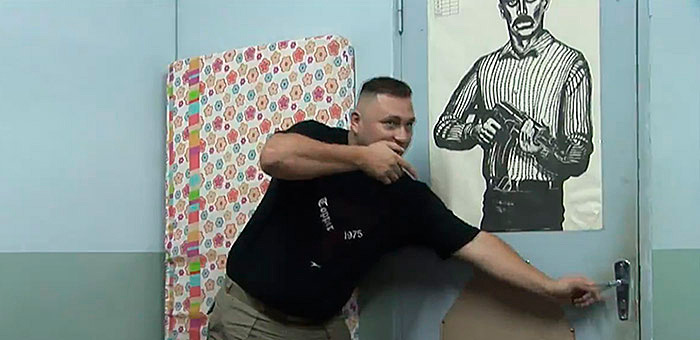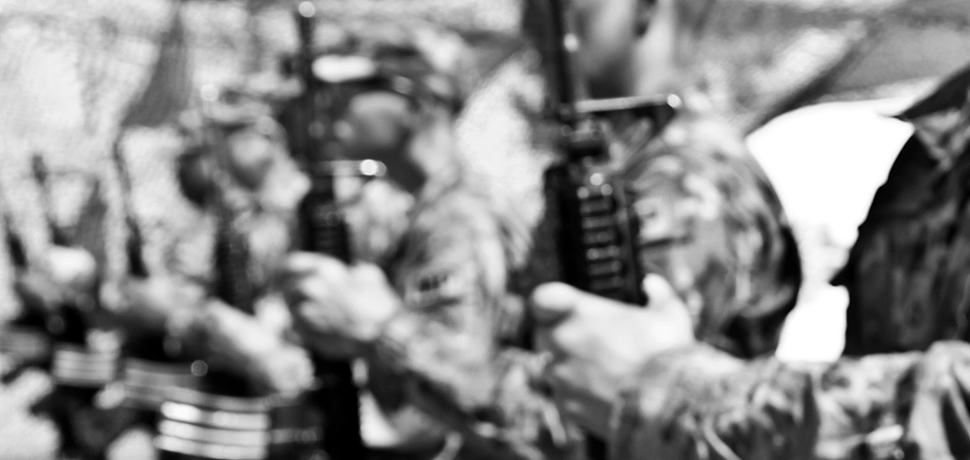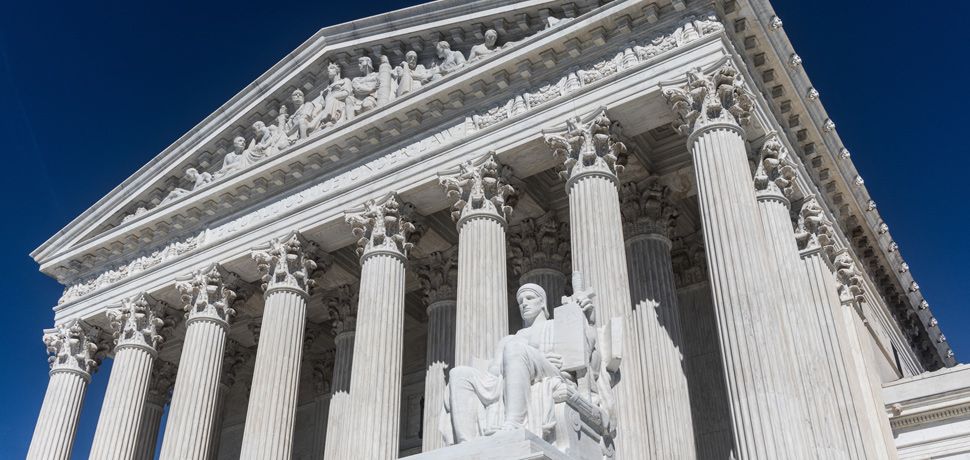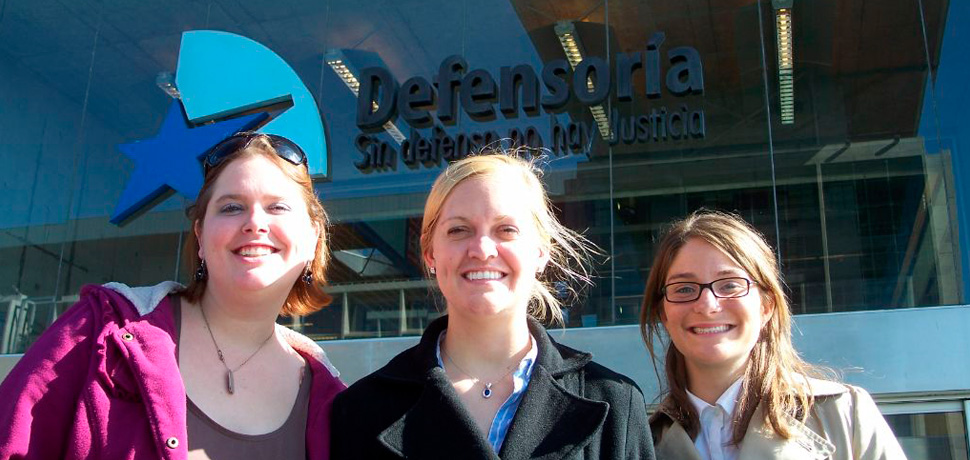Santiago, Chile: May 18 - July 17, 2020:
May 18 - 29 - Prof. Geoff Corn (STCL): "Terrorism, Armed Conflict, and International Law"
- 2 credits
June 1-12 - Prof. Ken Williams (STCL): "International Criminal Law" - 2 credits
June 15-26 - Prof. Mark Edwards (MHSL): "Transitional Justice in Comparative Perspective" - 2 credits
June 29 - July 17 - Prof. Liz Dennis (STCL): "Externship component." - 2 credits - optional course
July 6-17 - Jeff Minear (Counselor to the Chief Justice of the United States): "Perspectives on the Supreme Court of the United States" - 1 credit
Chile Summer Program Grading Policy 2020
For the courses offered, students will receive a numerical grade. These grades will be forwarded to each law school. (A description of the grade values will also be sent to each law school.) It is up to each law school to determine how they will record the number grade on student transcripts. Students should check with their respective law schools to determine how the Chile Summer Program grades will be applied and recorded.
The course will begin with an overview of public international law, and will then address the international legal basis for State's using military force as a counter-terrorism tool. The course will then provide an overview of the sources of treaty and customary law relevant to regulating the use of force when used against terrorist threats.
The course will then transition to topical issues related to counter-terror military operations: when humanitarian law becomes applicable; how humanitarian law regulates the use of combat power; humanitarian law obligations related to detention and treatment of capture terrorist operatives; and use of military tribunals to try terrorist as war criminals.
The course will culminate with analysis of several highly complex issues related to treating international terrorism as a threat justifying the use of military force, such as whether international law imposes geographic limits on military actions in war, whether international human rights law plays a role in regulating counter-terror operations, and whether military forces should be obligated to use the, "least harmful means" available to disable terrorists threats, and whether other non-state groups, such as narco-traffickers, fall within the same category of threat.
The relevance of this course to Chile is that it will provide students with a comprehensive understanding of the role of international law in regulating State response to domestic and transnational threats that exceed the capacity of normal law enforcement response modalities. As these types of "hybrid" threats are destined to be increasingly common in the future, States like Chile are likely to confront many of the same dilemmas inherent in the study of the U.S. response to transnational terrorism.
The last two decades have seen an exponential growth in the application of international criminal law: the ad hoc international criminal tribunals for the former Yugoslavia and Rwanda; hybrid (international/domestic) tribunals in Sierra Leone, East Timor, Lebanon, and Cambodia; transnational criminal prosecutions like those against Augusto Pinochet and Hissen Habre; and the creation of a permanent international criminal court (ICC).
At the same time, persistent questions have been raised about some of the institutions and laws that have been developed to hold those most responsible for the worst crimes known to humanity. The African Union has raised questions about the legitimacy of the International Criminal Court (in particular the Court's attempts to hold heads of state accountable for their alleged crimes), and even in some quarters the legitimacy of the entire international criminal law project.
We will look at those institutional developments, with an eye to understanding how they came about, and the source of legal authority for each of these enforcement mechanisms. We will also look in detail at the jurisprudence of the most heinous crimes, such as genocide, crimes against humanity, war crimes, and aggression.
Finally, we will look at some of the current challenges facing the field of international criminal law.
In addition, we will examine attempts at transitional justice for indigenous and minority peoples in the Chile, United the States, Canada and Australia. We will make extensive use of our time in Santiago to actually visit several critical places in Chilean history.
The course then shifts to a practice-oriented perspective, focusing on the Court's jurisdiction, internal management, and case resolution process. The course then focuses on a comparison of the Supreme Court of the United States and the supreme courts of other nations.
As part of the Externship, students participate in several seminars featuring readings and class discussions. Daily journals by participants are also required. A limited number of field placements for English speakers will be available in addition to field placements for students with Spanish language proficiency. The externships run from June 29 through July 17, 2020.






